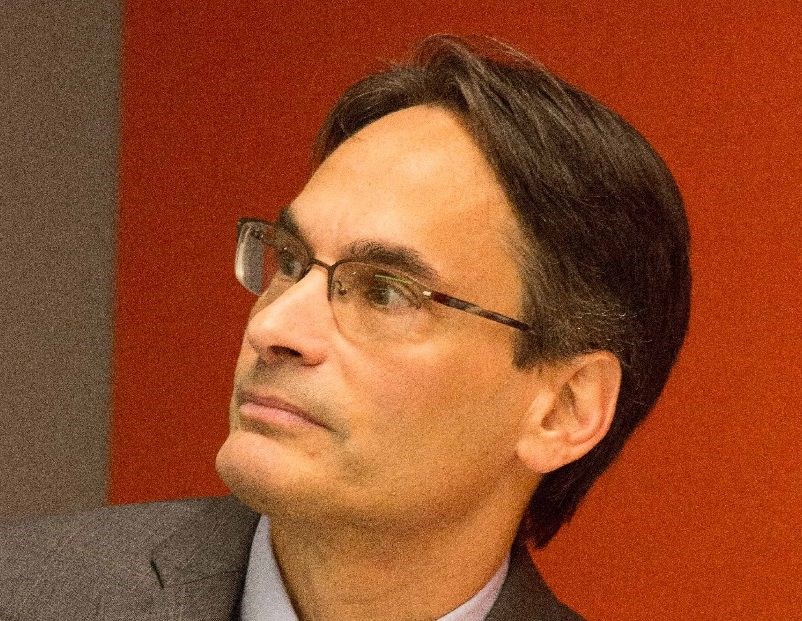After just 45 days in office, British Prime Minister (PM) Liz Truss has resigned. This is the shortest period in office of any British leader. She is the fourth PM to have been ejected by her own party within six years, which gives some indication of how deeply divided the Conservative Party is. Yet, the Chairman of the 1922 Committee — the panel of backbencher Members of Parliament (MP) organising the search for the next leader — Graham Brady, has said a new leader will be in place within a week.
The saga of Truss goes back to the day when David Cameron resigned as PM immediately following the loss of the referendum on Brexit in 2016. He was followed by Theresa May, a Brexit supporter, but she was unable to obtain the conditions for leaving the European Union (EU) that would satisfy her party. So, on came Boris Johnson. He was one of the foremost leaders of the Brexit campaign and with the slogan “Get Brexit Done”, he won a thumping majority in the 2019 general elections.
Johnson had two problems. The first was the division in his party between dedicated Brexiteers and Remainers (those who had voted to remain with the EU in 2016). The second problem was his exuberant but flawed character. During the Covid-19 crisis, he allowed parties in Downing Street when, as PM, he had locked down the rest of the country. The Privileges Committee of Parliament is still investigating whether he deliberately misled Parliament when he repeatedly stated that Covid-19 norms were observed at 10 Downing Street. What finally led to Brady telling him that he had lost the confidence of the party was a row over a Conservative MP’s appointment as deputy chief whip. Johnson appointed him even though he was apparently aware of allegations against him of sexual misdemeanours. Then followed a lengthy selection process for his successor which ended with Truss narrowly defeating the former chancellor, Rishi Sunak.
Truss chose a close friend Kwasi Kwarteng as chancellor and, with him, drew up a mini budget. The budget cut taxes and took other costly measures, maintaining that they would be paid for by the economic growth they would generate. She followed almost to the letter the agenda of the extreme Right-wing of the Conservative Party. Unfortunately, the markets and the International Monetary Fund were not convinced, and the Labour Party raised a storm about the impact of the budget on inflation and mortgage rates.
Opposition to Truss built up as the Labour leader Keir Starmer accused her of trashing the pound sterling, which fell to new lows, and the economy. There was a hostile reaction within the Conservative Party too. Truss made a dramatic U-turn by sacking Kwarteng and replacing him with the centrist, Jeremy Hunt. He reversed most of the measures unveiled in the mini budget, but Truss remained cursed. She didn’t help herself by refusing to appear during the PM’s question time in Parliament to face her critics. That was followed by the chaos and confusion of a key vote on the restoration of fracking and that seems to have led to Brady the next morning going to see the PM and tell her that she had lost the confidence of the House and should resign.
Now the 1922 Committee has given candidates until Monday lunchtime to drum up the support of at least 100 MPs to back their claim to the leadership. With a total of 365 MPs in the party, there can be a maximum of three candidates. The party membership will have a vote if there is still more than one candidate by Friday.
Extraordinarily, one of the most talked-about potential candidates at the time of writing this column is Johnson, even though the party went to great lengths to make him resign. However, the bookies’ favourites remain Sunak and Penny Mordaunt, the Leader of the House of Commons who stood in for Truss during PM’s question time. Sunak is resented by Johnson’s supporters as his resignation as chancellor was seen as precipitating the process that led to Johnson’s removal. The opposition is calling for a general election. Constitutionally, that can only happen if the government supports it. With Labour leading most opinion polls and the Conservative majority in Parliament, that surely will not happen. Whoever is victorious will inherit a country wracked by an economic crisis, labour unrest and a ruling party divided against itself.
The views expressed are personal
Enjoy unlimited digital access with HT Premium
Subscribe Now to continue reading
















